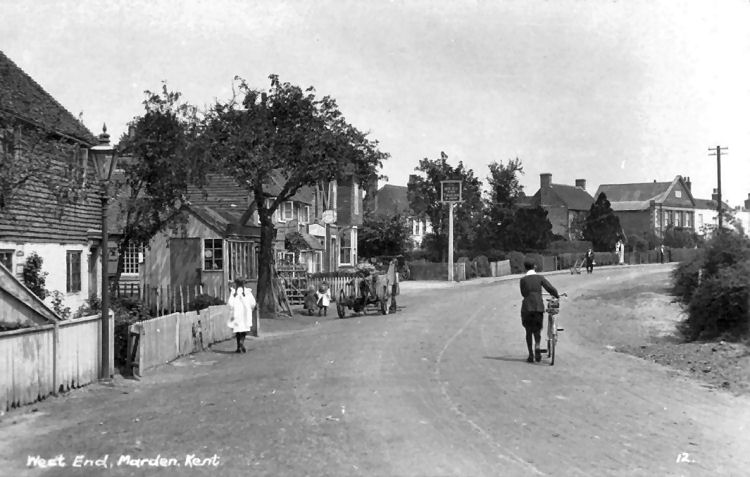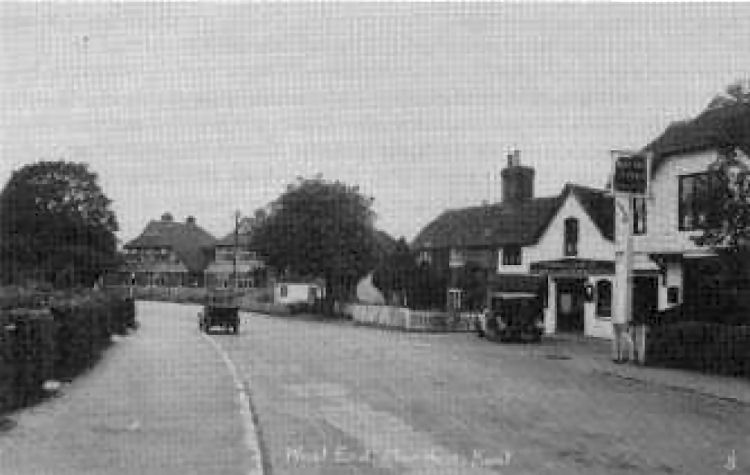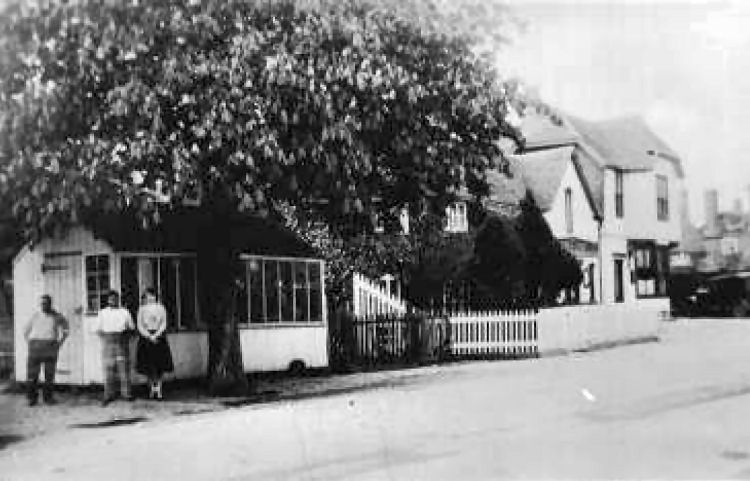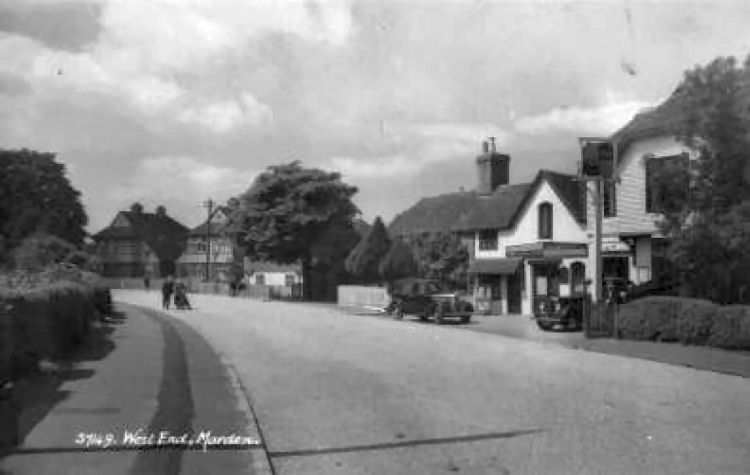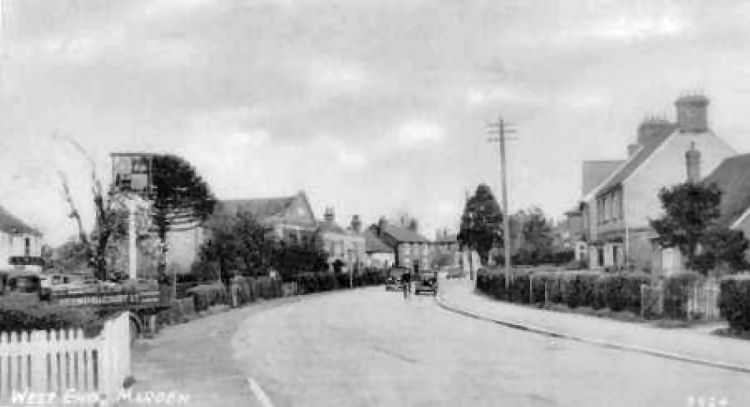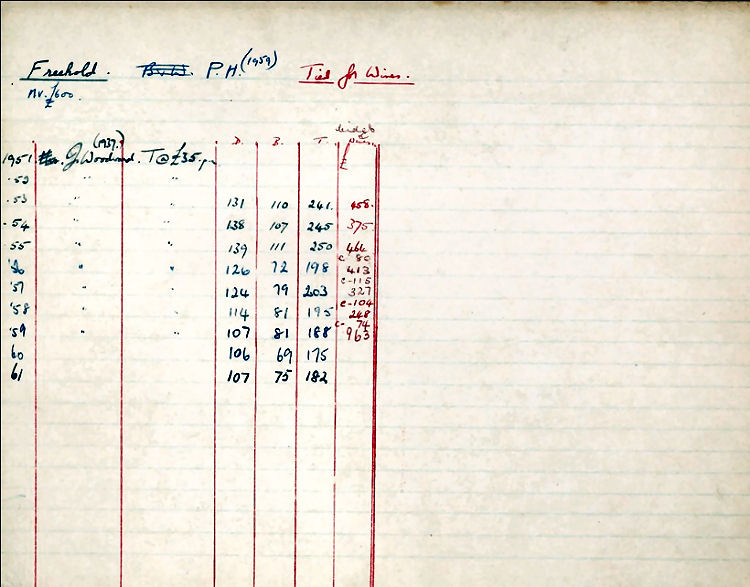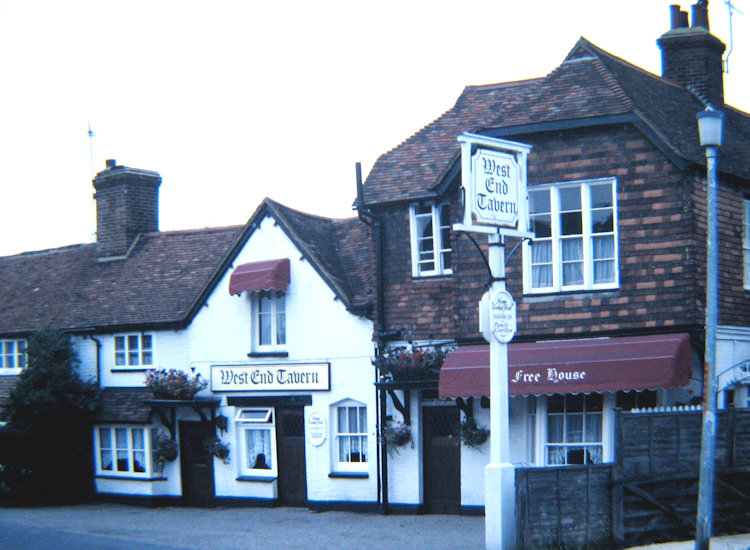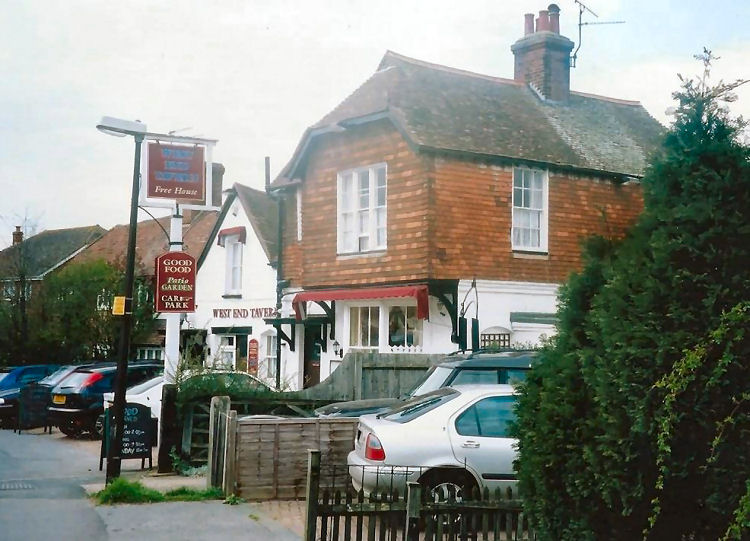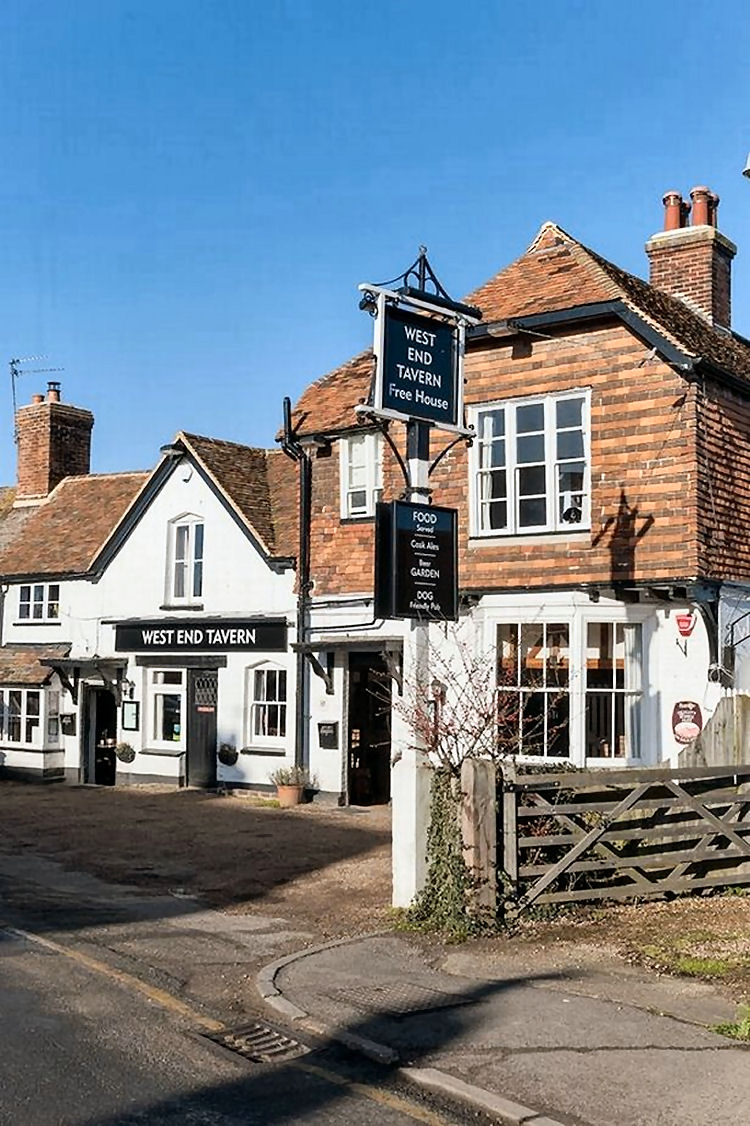|
From the
http://www.westendtavern.co.uk accessed 25 February 2020.
WEST END TAVERN PUB AND RESTAURANT.
The West End Tavern is Grade II listed and dates back to 1762. It is
so named because it lies in the part of the village called the West End,
where it stands on the north side of the main road.
Originally built together with the West End Forge to the left of the
pub, records show that for a great deal of time the two businesses were
run along together and the earliest record of occupancy found in the
Kent archives is for 1836 when David Stanley Snr is shown as both the
blacksmith and beer-seller at the West End Tavern. This is confirmed in
the 1850 Maidstone Directory for the Environs when David Stanley Snr is
still in residence at the West End Tavern, and his son David Stanley Jnr
is occupying the Pig and Whistle (Royal Oak) at Chainhurst.
By the time of the 1903 Beer Retailers Directory Listing, Horace Stanley
is shown as the beer retailer at the West End and his name appears again
in the Kelly’s 1911 Directory. Later in the 1930s, records show that
Kenward and Court (the Hadlow Brewers) owned this public house and
Kenward Court Ales were served when Mr Waghorn and then Mr Mercer were
the occupants.
The public house and blacksmiths businesses were still running in unison
when George Arthur Rootes, a relative of the car manufacturing family,
was in occupancy. He ran the two together, with the help of Bill
Lavender, but George is remembered for rather favouring the social side
of the pub business and forgoing the harder work of the blacksmiths.
When, later, things became financially tight he was forced to sell the
Tavern in 1937 and rely solely on the Forge for his income. George
Arthur Rootes died at the Forge on 2 June 1940 and subsequently the
forge business was sold to a Mr Johnson who continued until the final
closure of the same in 1962.
Jack Woodward took over as the pub licensee from 1 October 1937 and soon
after, under Jack’s control, the pub became the most popular “beer
house” among the Hop Pickers during the 1940s and 1950s. Jack remained
until his death in the late 1960s or early 1970s. His widow Ethel (who
appears to be remembered both for her glass eye and her nickname of Tupp
– possibly a play on her maiden name of Jupp) then carried on the
business for a few years. Some locals seem to think that Ethel’s father,
Mr Jupp, might have either been a previous licensee or had a financial
interest in the business.
Kenward and Court were later taken over by Page and Overton (for only a
couple of years) before they in turn sold out in 1954 to Charringtons.
(Now 2020 running as a Free House.)
The building is very low-lying in relationship to the road and local
people have mentioned times when in a thunder storm water used to run
into the saloon bar and soak the carpets.
Colin Whittle remembers:
Since I have lived approximately 20 metres from the West End for the
overwhelming majority of my life, I suppose I have more memories of this
establishment than of any of the other pubs & inns in Marden.
My brother, John, was a school friend with Tom, the son of the long time
landlord and landlady Jack & Tupp Woodward. The Woodwards had run the
West End since before WWII and Tupp ran the place while Jack was away
doing his wartime service. One of my lasting memories of Jack, who was
(by today’s standards) grossly overweight is that he would be standing
leaning on the far end of the Public Bar (I can’t remember anyone using
the saloon bar during the Woodwards’ tenancy) with cigarette in hand.
One would order a beer, but Jack would only move down the bar to serve
you once he could see what payment was being offered. It was some time
before I realised that this was so that he could bring the correct
change and thereby save himself a second trip.
Two regular customers were senior members of notable Marden agricultural
worker families. On the occasion of the NASA moon landing in 1969(?), I
was in the bar when one of these gentlemen stated to the other, “The
Americans are going to the moon today”. There was a long pause and then
the other chap turned, looked out of the window, returned to his drink
and said, “They’ve got a nice day for it”. I’m still not sure who was
taking the mickey out of whom!
After Jack’s death, his wife Tupp continued to run the West End for
several years. At that time the West End also had an outside Gents
toilet. One day, Tupp suddenly rushed from behind the bar and clambered
up on to the bay window seat. A few minutes later she banged repeatedly
on the glass and shouted “Thank you very much”. She had apparently
spotted a passing motorist stop to use the facilities without spending
money in her pub.
Tupp left the West End without announcing her departure to any of the
regulars – she never did like any fuss!
The new (and now free house) landlords were Bill and Margaret Gooding.
We met them soon after their arrival and invited them round to our
house, where we had recently completed some building alterations. These
obviously made an impact on Bill because some weeks later I had a panic
phone call from my wife, Pat, asking me how long it would be before I
arrived home.
Bill (not the most accomplished DIY exponent) had decided to knock down
the wall between the public bar and the old ‘bottle & jug’ off sales
room, only to discover as it started to sag that this was a load bearing
wall. We managed to stop the collapse and arranged for local builder
(and from then on regular customer and friend of the Goodings and of the
West End) John Sutton to come in to make professional alterations.
During the Goodings’ time, I was in the bar with the only other
customer, Albert Greengrow who lived opposite the pub. Albert was part
of the Greengrow & Hayward cider company in Pattenden Lane. An American
lady entered the bar and after ordering a drink started quizzing
Margaret Gooding about the history of the building. Margaret gave her
such details as she knew and then mentioned that before the war, the
building had been struck by lightning, causing the eastern end to
collapse. Margaret then had a brainwave; she remembered something she
had been told and said, ”Albert was in here when it happened”. The
American immediately turned to Albert and asked, ”What did you do?” Said
Albert, “We went up The Chequers”. End of conversation.
The content and pictures on this page were kindly provided by the Marden
History Group: The Marden Local.
|
